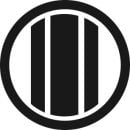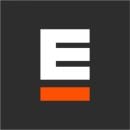While working within the technology sector may not always be easy, it undoubtedly comes with a constant flow of learning opportunities. Built In NYC heard from five New York City-based engineers, designers and more to learn how their companies foster this ever-evolving mentality.
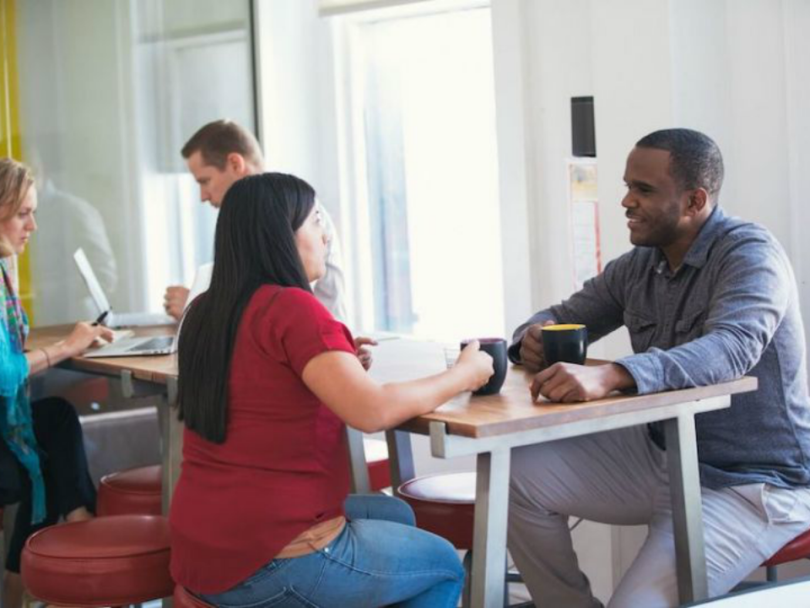
White Ops works to make the internet a safer place by using cutting-edge “hacking” technology to prevent even the most sophisticated online fraud. UX Researcher and Designer Diana Kusunoki explained how the company fosters a sense of innovation in its employees.
What are some of the most interesting new skills you have learned during your time with your company?
Learning how to streamline my rapid design and prototyping workflow using Sketch and InVision was a pivotal moment for me. Previously, I created mockups with many layers in Photoshop then jumped straight into building out the front-end in HTML and CSS. It was time consuming to create, test, update and communicate my designs. Now, I can iterate on my ideas faster with reusable components and concentrate on getting better feedback to improve our product. This allows me to focus on communicating design strategy, use cases, design rationale and microinteractions that are difficult to prototype.
Tell me about a favorite project you recently worked on. What were the challenges you had to overcome and what did you learn?
This year, I have been working on creating a more modularized design system with customizable visualizations for our fraud analytics dashboard. Several challenges emerged, but the most complex one was figuring out which constraints are helpful to place on how the user configures their visualizations. I learned that starting with the most minimal set of options possible (which proved quite difficult to design in itself), then iteratively testing out new options with users, allowed me to see which options truly add value and which constraints are beneficial for minimizing complexity.
How do you feel your company supports you when you are working on developing new skills/learning on the job?
My grandfather taught me the importance of “kaizen” at a young age, which essentially means “continuous improvement” in Japanese. Over the years, it has become my work and personal life philosophy. Thankfully, I have the opportunity to practice it at White Ops. We are encouraged to adopt the hacker mentality so my team and company fully supports me to learn and experiment with my ideas on the job. This support comes in several different forms: financially, intellectually and emotionally. White Ops funds the purchase of licenses for the new tools I want to learn (Sketch and InVision) and provides me with a generous budget for various learning materials and educational events. I am challenged intellectually by receiving regular constructive feedback and ownership of interesting projects where I can practice my new skills. Emotionally, I feel like I am in a safe environment to take risks without the fear of failure because my team members have my back and trust that I am doing my best.

Simon Data helps businesses understand their customer data and unlock critical personalization capabilities. Software engineer Sara Sunshine told Built In NYC how her team’s unique and flexible structure helps contribute to the company’s innovative product.
What are some of the most interesting new skills you have learned during your time with your company?
Simon Data has a great engineering culture where there is a genuine emphasis on collaboration and mentorship. As a result, each developer at Simon has the opportunity to work across the stack to broaden their skill-set while injecting a fresh perspective into projects.
I have been fortunate enough to work alongside seasoned infrastructure engineers from whom I have learned a ton about what goes into building robust, resilient systems that scale seamlessly while simultaneously providing our customers with unprecedented ease of access to their data.
Tell me about a favorite project you recently worked on. What were the challenges you had to overcome and what did you learn?
For many of our clients, Simon is the only place where all their disparate sources of data have been unified to create a comprehensive view of their customers. For that reason, our data engineering team doesn’t focus exclusively on building behind-the-scene processes and pipelines; we are also passionate about developing platform tools that provide Simon users with the ability to explore and understand their own data.
In that vein, one of my favorite recent projects was building out Simon’s dataset portal. This is a platform feature that enables users to fully configure how their data is brought into Simon and inspect the way the data is utilized in their existing multichannel marketing campaigns.
How do you feel your company supports you when you are working on developing new skills/learning on the job?
Our founders Jason, Matt, and Josh are vocal about their belief that Simon’s most important asset is its employees. This isn’t just lip service; Simon truly invests in employee growth and has built a culture of empowering talented people to carve out their own path within the organization.
The data engineering team is a great example of this ethos: Simon has been proactive about hiring developers with non-traditional engineering backgrounds and significant growth potential. As a result, our team has a diversity of experience that’s proven tremendously valuable to our success.
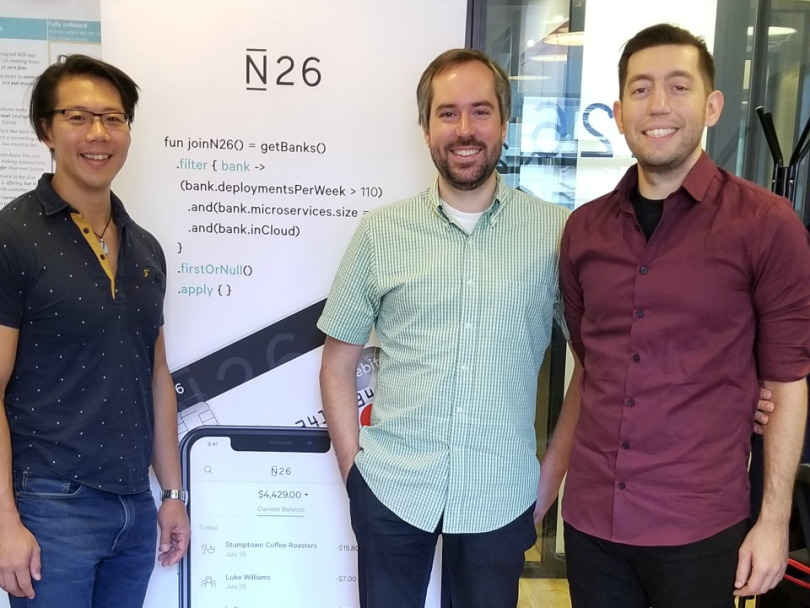
N26 is changing the mobile banking industry with its mobile banking platform. More than 1 million individuals in Europe rely on N26, and the company is set to launch its U.S.-based product soon. U.S. Head of Technology Ryan Cooke shared his journey with the company, discovering how to build teams and harness individual talents.
What are some of the most interesting new skills you have learned during your time with your company?
As a mobile-first banking app, N26 relies on the most modern technologies in order to develop products and features. In some of our systems, we utilize a relatively new programming language called Kotlin. While at first I was dismissive of Kotlin as a “dressed-up Java,” I’ve come to appreciate the simplicity of the code I can write with it. I have a coding background, so it’s always fun for me to play around in a new language and push its limits.
Something else that is new for me is learning to navigate a larger organization. Since my background consists of working exclusively in small startups (fewer than 50 people), coming to a company like N26 — which has about 500 employees, has been an interesting transition. I’ve really enjoyed spending time and meeting people with diverse backgrounds and ranges of experience. Simply the act of discovering who in the company owns particular knowledge has become an acquired skill.
Tell me about a favorite project you recently worked on. What were the challenges you had to overcome and what did you learn?
I was asked to participate in a hiring committee to help refine the interviewing practices for engineering candidates globally at N26. Our headcount in the tech department has more than doubled in the past year so this is a priority as we are now a hyper-growth company. I’m very passionate about recruiting as each new hire directly shapes the engineering culture, as well as establishes a brand identity within tech communities. It’s essential to our success both in the United States and in Europe to find great people and convince them to help us build a better banking experience, and having a tough, fair and fun interview experience is equally important.
How do you feel your company support you when you are working on developing new skills/learning on the job?
This is actually an area that N26 excels at, and rather than paying lip-service to individual development, we allocate a substantial annual stipend that can be spent on courses, conferences or books. I’ve also received direct mentorship from superiors and senior leaders on developing non-technical areas that are important to my career. We spend a considerable amount of our adult lives at work, so our workplace is the best chance to learn new skills, and as an innovative technology company, everyone benefits.
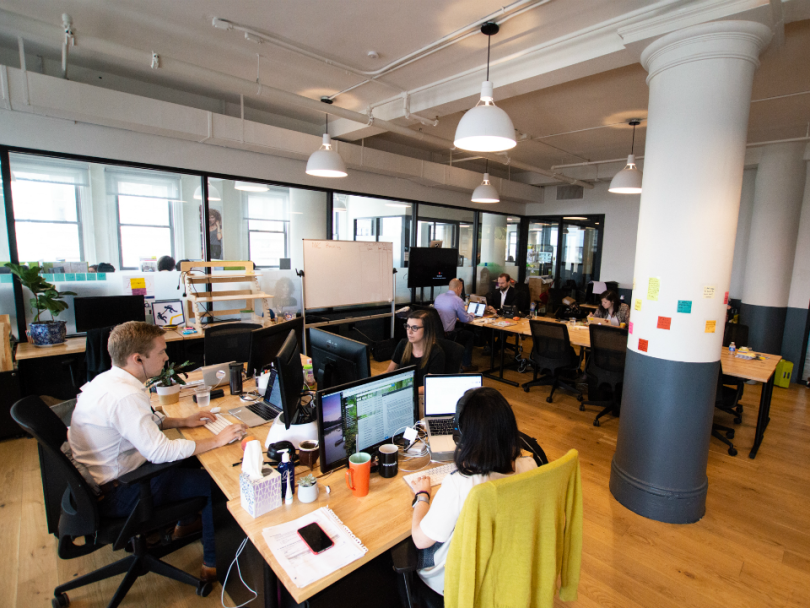
The strategists at Solstice helps some of the biggest companies in the world harness cutting-edge technology. UX Design Consultant Gabby Manotoc explained how tackling these challenges involves learning on the job and enjoying it every step of the way.
What are some of the most interesting new skills you have learned during your time with your company?
As a designer, it's rare to find a job that lets you flex both your hard and soft skills. At Solstice, I get to collaborate with a lot of passionate and talented people to come up with innovative user-focused experiences, and then design what that interface looks like for users. The most challenging and most exciting part comes after when I get to take our clients through the experience. I'm able to stand in front of my work and explain the strategy and nuances of the design. I've learned how to better communicate my thought process to non-designers, and in turn, take constructive feedback to improve the work. I love that I get to have my hands on the keyboard every day and also be able to take ownership of my work from a design leadership perspective.
Tell me about a favorite project you recently worked on. What were the challenges you had to overcome and what did you learn?
Recently, I worked with a very lean team to reimagine a commercial banking platform for a large, global financial institution. The challenge was the size of the existing platform and trying to learn as much as we could about software that had decades worth of development for multiple types of users built in. We only had 12 weeks to innovate and deliver the foundations of a design system that the client could take and scale. I learned how to work smarter not harder. I had to work with the team to prioritize which UX patterns would have the widest breadth across the platform and design for those use cases first. I also learned the importance of pushing back and offering up solutions I thought might be more effective than what the client suggested. Solstice was hired because of our expertise and that means I had to be confident in stepping up and proving that expertise.
How do you feel your company supports you when you are working on developing new skills/learning on the job?
Solstice has a generous training budget day that I love using to attend conferences, take workshops and buy books. It helps me keep up with the latest tools and trends in the design world. Attending events is also a great way to network and absorb the thought leadership of other people in the industry. My favorite part about working at Solstice though is the people. Everyone is willing to give advice and support you when you're dealing with a new challenge on the job. If you want to develop a new skill set, the casting leads keep it in mind and do their best to put you on projects that constantly keep you learning and growing.
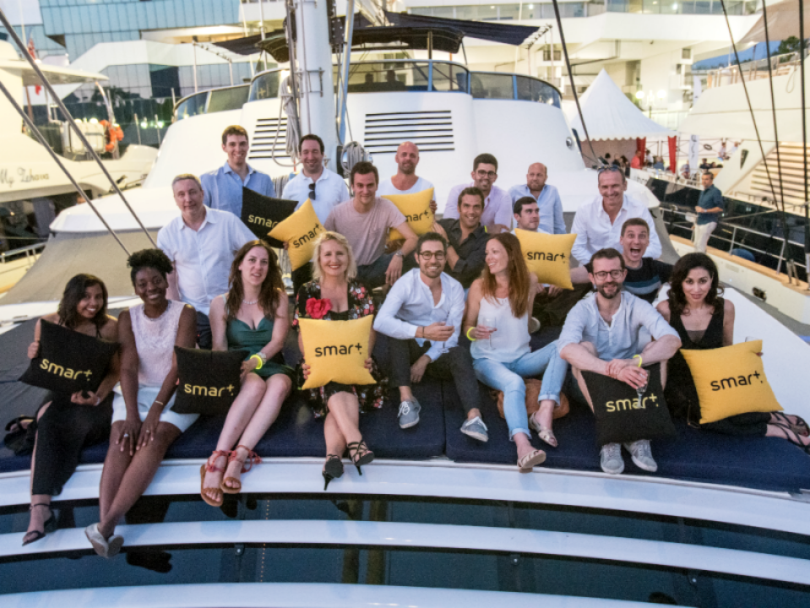
Smart is a leader in helping brands and companies optimize their multi-screen and multi-channel advertising. Global Head of Technical Support Michaël Beaugendre explained to Built In NYC how the company not only empowers its clients, but its employees, too.
What are some of the most interesting new skills you have learned during your time with your company?
[I have learned] people management, strategic vision, customer relationships and technical skills.
Tell me about a favorite project you recently worked on. What were the challenges you had to overcome and what did you learn?
My favorite recent project involved supporting team globalization. We had to build the main hubs (Sao Paulo, Madrid and Paris) to cover as much of the region as we could. HR had to manage and anticipate resignations and recruitments, and training teams worked to keep an optimal level of technical, market and product knowledge across the hubs.
I learned communication is key: always give context before initiating a project and ask for feedback from the main stakeholders. It’s also important to have a clear target defined, and to find the best tools to make the transition transparent.
How do you feel your company support you when you are working on developing new skills/learning on the job?
The company gave me the opportunity to develop my professional growth. I started as a technical account manager, then grew to senior technical account manager. Then, I was team lead in France and new markets, and now, I am global head of technical support. I also had training in people management and crisis management, as well as English courses.


